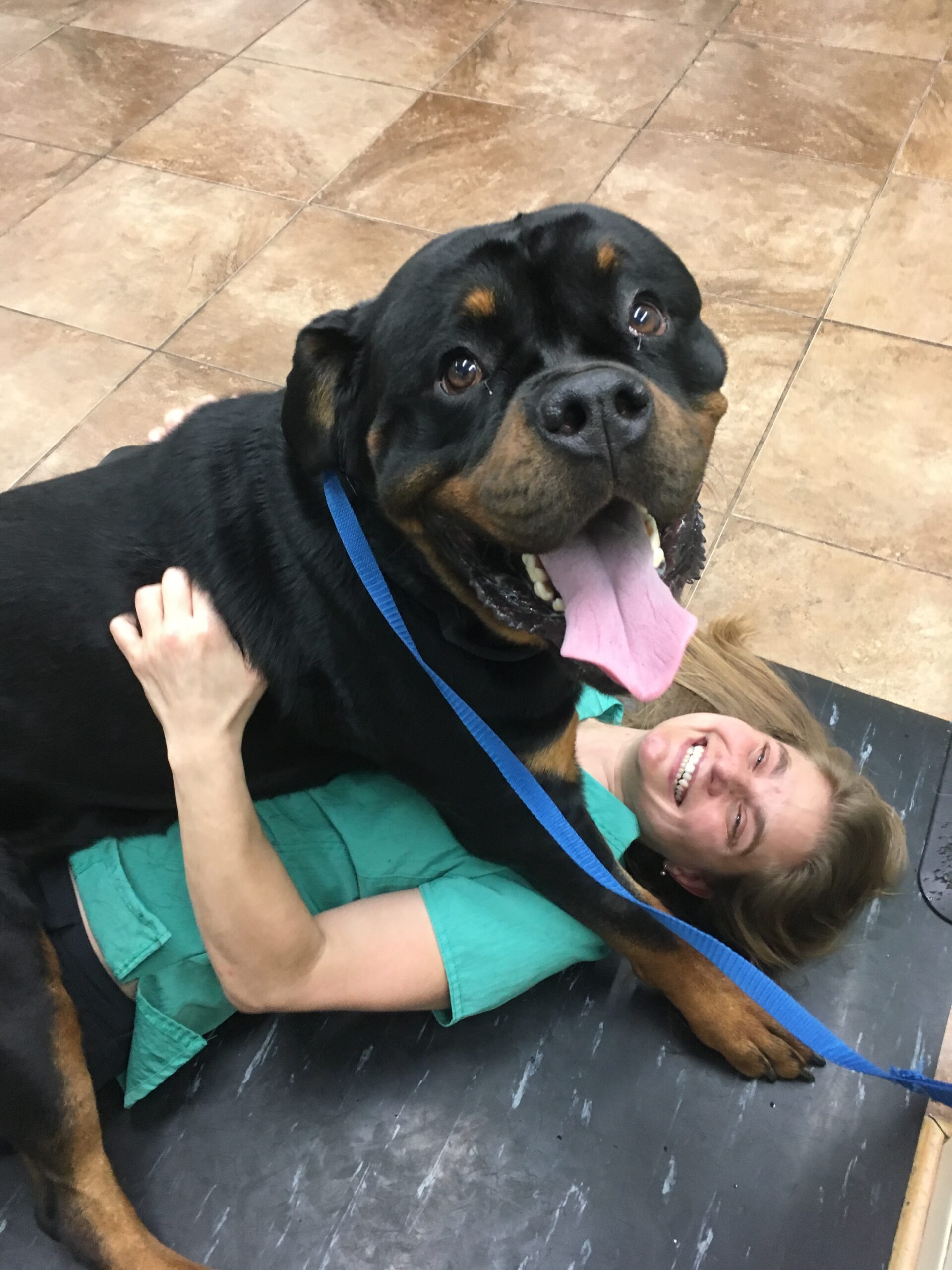
Our goal is to provide your beloved pet the best care.
Welcome to
The Veterinary Hospital
of Oak Ridge
At the Veterinary Hospital of Oak Ridge, we understand the special bond between pet owners and their furry companions.
Our hospital
About Veterinary
Hospital of Oak Ridge
At the Veterinary Hospital of Oak Ridge, our dedication goes beyond medical expertise. We embrace compassion, fostering meaningful communication between our team, patients, and their families. Client education is our focus, as we believe informed caretakers enhance a pet’s well-being. In a warm and supportive setting, our goal is to deliver top-tier veterinary care. Committed to Oak Ridge and the community, we envision a future marked by healthy pets, nurtured relationships, and empowered pet families.
Our Veterinary Services
Complete Veterinary Care in Oak Ridge, NC, and Surrounding Areas
The Veterinary Hospital of Oak Ridge is a trusted and compassionate veterinary facility that provides exceptional care for pets. With our team of highly skilled and compassionate staff, we offer a wide range of veterinary services, including preventive care, on-site lab work, and digital radiography, surgery, and emergency treatments. Committed to the well-being and health of animals, we combine state-of-the-art technology with personalized attention to ensure the best possible outcomes for our patients.
Our Veterinary Services
Complete Veterinary Care in Oak Ridge, NC, and Surrounding Areas
The Veterinary Hospital of Oak Ridge is a trusted and compassionate veterinary facility that provides exceptional care for pets. With our team of highly skilled and compassionate staff, we offer a wide range of veterinary services, including preventive care, on-site lab work, and digital radiography, surgery, and emergency treatments. Committed to the well-being and health of animals, we combine state-of-the-art technology with personalized attention to ensure the best possible outcomes for our patients.

Meet Our Veterinary Team
Our Veterinary Hospital of Oak Ridge Team is a dedicated and compassionate group of professionals committed to providing exceptional care for your beloved pets. With years of experience and a deep love for animals, our team members strive to create a comfortable and nurturing environment where pets can receive the highest quality veterinary services. From routine check-ups to complex medical procedures, you can trust our Veterinary Hospital of Oak Ridge Team to deliver personalized care and support for you and your furry family members.




